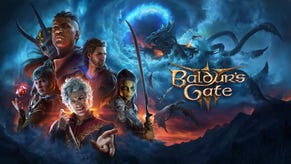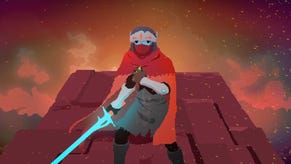How to get the best game publishing deal
Don't be afraid to negotiate and realise your value to avoid a publishing deal gone wrong
For a game developer, getting the best game publishing deal is important, and you want to do your best to avoid a publishing deal gone wrong.
Working with a publisher can be a huge opportunity. You can take advantage of their resources, marketing reach, and development know-how to get your game out the door and have a chance at success.
However, there is a huge power imbalance between developer and publisher in negotiating the publishing agreement. Often, the publisher will provide the initial contract and dictate those initial terms. They have lawyers working on their behalf, while many developers can't afford them.
I've reviewed and negotiated a number of these publishing agreements, on behalf of both publishers and developers. They usually have several deal points that don't work in the developer's favor, by design.
With that in mind, here are some of the major ways that you could possibly be getting screwed, and how to avoid them.
How to avoid contract problems and what to look out for
There are nearly always several issues in publishers' boilerplate contracts that weigh heavily in their favor and could potentially screw you over. Watch out for these, and be prepared to propose an alternative.
- Infinite timeframes
Many publisher agreements are silent on timeframes, while others address them in a way that gives the publisher all the power.
What happens if you deliver a game to the publisher and they sit on it indefinitely? If this isn't addressed in the agreement, you could be without any options.
This is easily solved by putting some deadlines into the agreement. If they haven't made the game available to consumers within a certain amount of time, you should have the ability to terminate the contract.
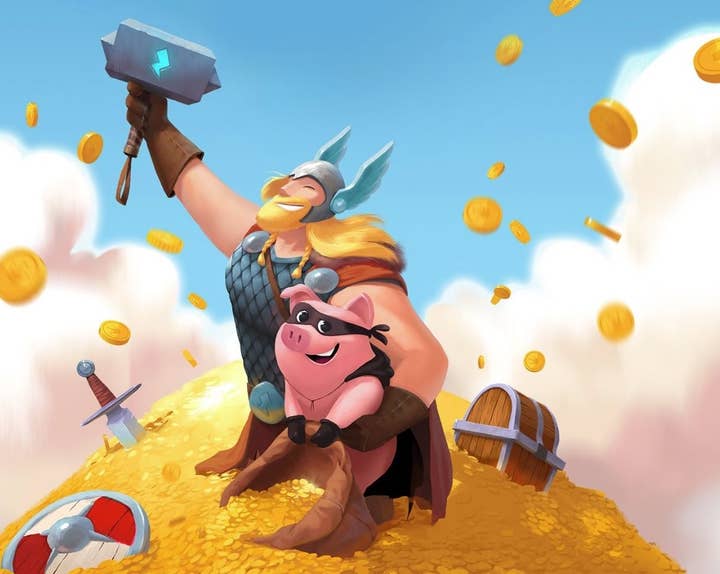
This is generally going to be subject to a 30 or 60-day 'cure period'. This cure period allows them to get their act together once you've sent notice of your intent to terminate.
It's a great tool to have in your arsenal when fighting against the big guys; if they don't work quickly to market and publish your game, you regain the ability to take it elsewhere.
- Onerous ownership provisions
Unless you're doing a work-for-hire development job, you probably want to retain ownership of your game IP. Publishers will almost certainly fight back against this, particularly when they're funding development of the game.
However, modern-day publishers (particularly indie publishers) are more open to allowing you to retain those IP rights to your game. They may want a few concessions, though:
"[A time limit is] a great tool to have in your arsenal when fighting against the big guys"
- A right of first refusal to publish other games based on the IP (sequels, expansions, other genres)
- A license to use the trademark for other games
- A license to use the game IP (software code and so on) for their other games
One common point of contention is about your proprietary tools and tech. A developer will often have a certain set of tools that they bring from game to game -- it's rare that an entire game is coded from scratch.
The tools and tech should be carved out from any grant of rights, whether the publisher is owning or just licensing the game. As a distinct piece of intellectual property, you can decide the scope of the publisher's use of your tools and tech.
This could go a few different ways:
- Allowing them to distribute the tools and tech solely in connection with this game
- Limiting their use of the tools and tech to this and other products based specifically on the game IP
- Granting a broad non-exclusive right to use the tools on whatever the publisher makes
As with everything in the contract, it's all negotiable. The bottom line, however, is that it needs to be negotiated.
- An unclear or nonexistent approval process
Milestone approval procedures are often a major tug-of-war between developer and publisher.

On the publisher side, they want a long time to approve submitted milestones, and a wide breadth for missing those deadlines. This is understandable, since they're often busy with multiple projects and deadlines can slip by unnoticed.
On the developer side, you want to have a shorter period for approvals, since your ongoing revenue often depends on you hitting those milestone approvals and getting paid. If the publisher takes a month to approve, any cash buffer you may have had could be gone.
When negotiating these, I often push for three things:
- The shortest approval period we can get away with (five or ten business days)
- A requirement that they specifically detail reasons for disapproval and how it can get fixed
- That silence or missed deadlines equal approval of that particular milestone
Of course, they will balk at many of these. But in the complex give and take of negotiating these agreements, you may be able to get great approval terms by giving up something else that means less to you.
Lastly, be sure to clearly spell out who at the publisher can make these approvals. This is key, and can avoid claims of non-binding approvals later on.
"A failure to fully define responsibilities in a publishing agreement can lead to huge disagreements later"
- Unclear responsibilities
A failure to fully define responsibilities in a publishing agreement can lead to huge disagreements later. These need to be addressed and negotiated specifically.
For example, once the game is published, what responsibilities does the publisher have regarding promotion? Do they need to spend a certain amount of money? Publish a certain number of social media posts? Run television and online ads?
If you don't know, you're putting all of the power in the publisher's hands. While the publisher has a vested interest in your game doing well, sometimes they just want to cut their losses. This results in them sending your game out to die, without the appropriate promotion. Obviously, this can kill any chance you have of those nice ongoing royalty checks and needs to be avoided.
On the developer side, it's important to be clear about your responsibilities regarding game support, bug fixes, and other work you'll need to do post-launch. Do you need to participate in promotional activities? Do you get paid for fixing bugs and dealing with customers?
All of this should be in the contract to avoid ambiguity.
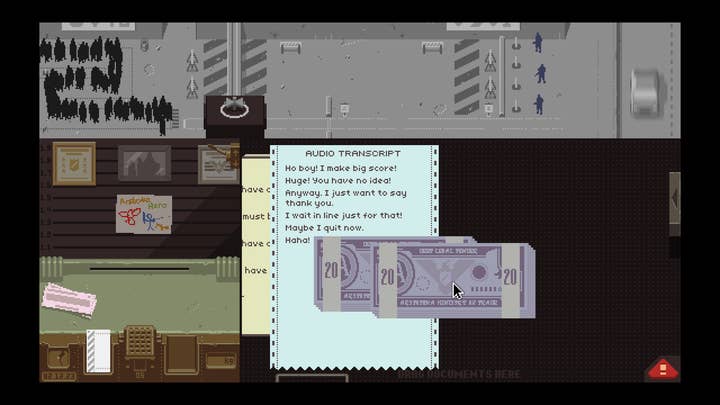
- What about sequels and related games?
One question that is either left out, or handled in a very publisher-friendly way, is the issue of sequels and other games based on your game IP.
When it's there, it's often stating unequivocally that the publisher can handle all of these sequels and other derivative works. From the developer's point of view, we'd rather have each new game be renegotiated in a separate agreement.
Another option is that these derivative works are subject to a right of first refusal and last negotiation. That way, if the publisher decides not to publish them, you're not necessarily locked out from creating them on your own or seeking another publisher.
This goes hand-in-hand with the IP ownership provisions we discussed above. Obviously, if they control the IP, they can do whatever they want with regard to sequels -- even cut you out entirely.
- Control over advertising and sales decisions
One thing that a publisher probably won't budge on, but is important to keep in mind, is who controls decision-making related to advertising the game and how it is sold.
"Some contracts require a particular developer to be part of your team... If the key man leaves during production, this could break the whole deal"
Often, developers want a publisher to handle all of the marketing for a game. It's one of a publisher's strengths. Presumably, they have experience in the marketing of game titles, have a built-in audience they can reach, and know what to do to get consumers to buy. Many new developers don't have this knowledge or existing fan base, so a publisher's efforts are welcomed.
However, you may want to push for some degree of control or oversight over how your game is marketed and what kind of sales it is involved in. Don't want it included in bundles because you think it cheapens the game? It never hurts to ask for this oversight. Depending on the size of the publisher, you may get this concession. A developer having final say over anything marketing or sales-related, though, is not very common.
- Taxes and multi-year contracts
When a publisher is funding your game's development, one vital thing to plan for is how you handle your studio's accounting and taxes.
Imagine that a publisher dumps a ton of money in your lap in December to fund the entire development of the game. You most likely haven't spent that money on development by January, or possibly even a year or two from then. This can open you up to owing a ton of income tax on that publisher money, since under default accounting rules, you realise the income in one year, and the deductions in another.
You need to set up your accounting properly to protect against this. I'm certainly no tax expert, so I strongly recommend you connect with a tax advisor or accounting professional prior to signing on with a publisher. You need to run these issues by them -- it could save you a ton of money in taxes.
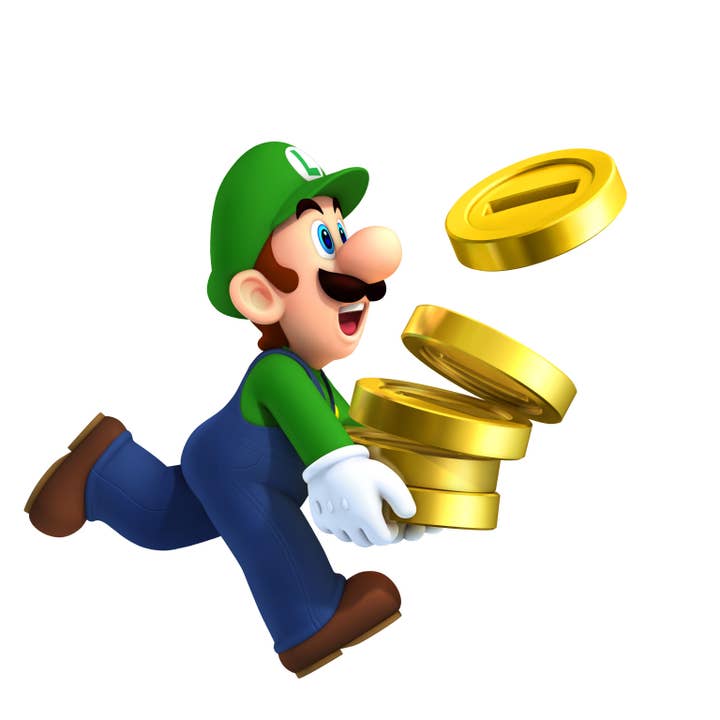
- 'Key man' provisions
Some publishing contracts specifically require a particular developer or other staff member to be part of your team throughout development. These are known as 'key man' provisions, and can be problematic if that person leaves your team.
Maybe they're a rock star developer, and the publisher believes that them being on the team is key to the game's commercial success. Often, if the key man leaves during production, this could break the whole deal and void the contract.
Because of this, it is important to contract around this with some fallback provisions, or to eliminate the key man provision entirely, if possible.
- No way out
One final issue that crops up with many publishing contracts is that the agreement doesn't contain an exit for the developer. If the game isn't performing as well as you'd hoped, or the publisher isn't pulling their weight and promoting the game, you should have a way out.
"Once you shift your mindset to one of self-worth, it becomes easier to justify sticking up for yourself in the negotiation"
A lot of contracts are sent to my game developer clients that contain publishing rights extending on forever ("in perpetuity"). This means that, generally, unless the publisher breaches the agreement in some way, there's no way out.
When I edit these agreements, I like to add some termination conditions, such as:
- Needing to hit a minimum number of units sold or royalties earned per quarter
- A requirement that the game remains available (or isn't unavailable for a certain period of time), or else the developer can get the rights back
- Instead of perpetuity, the contract is for a specifically defined term of years, which renews unless either party chooses not to
As with most negotiations, it's unlikely you'll get everything you want in the end. The reality is usually somewhere in the middle. But by over-asking, you can often get a decent number of concessions made in your favor.
What if there's no money upfront in the publishing deal?
It's not uncommon for publishers to propose simply licensing a game for the promise of a future royalty share, with no advance given to the developer. This is more common on the low end. However, one of the best parts of working with a publisher is taking advantage of their financial support. It's definitely worth fighting for.
"When a publisher pays an advance, it shows a commitment to the project on the publisher's end"
When a publisher pays an advance, it shows a commitment to the project on the publisher's end. They have some skin in the game, and will be more apt to get the game out sooner and market the hell out of it.
Usually, any advance is going to be recoupable from royalties. This makes sense, since they're taking the risk and want to get that money back. However, it's important to be clear about what else is recoupable or what comes out of your royalties. Are you also paying for their marketing expenses? Publisher development and other costs?
My view on this is that many of those things should be coming out of the publisher's cut. Obviously, publishers will think differently, and they like to include these non-specific lists of deductions in the terms of the agreement. These deductions should be clarified (and minimised, if possible) before signing.
If the publisher says they don't have the money for that (I've heard this on multiple occasions), maybe it's time to seek a different publisher. A financially stable publisher is an important partner to have, obviously. Otherwise, how do you know they will even be in business long enough to publish your game? To me, this is a major red flag.
Should you push back against the publisher for the best deal?
Won't pushing back against the publisher hurt your chances of getting the deal done?
Developers, particularly those who haven't had any real success yet, can be timid about pushing back against a publisher. This often leads to them signing any agreement that gets put in front of them, even when many of the above issues are present. That's not a good deal, for all the reasons we have discussed.
You really shouldn't be shy about asking for what you want, even when going up against a much larger publisher.
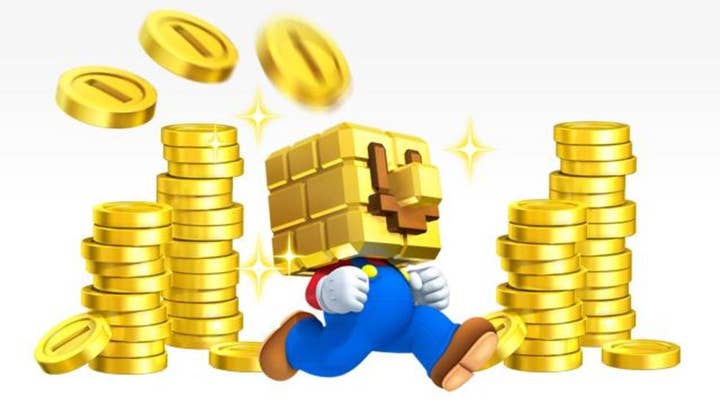
- Realise your value
One thing you must realise is that the publisher wants to publish your game. They're interested in your game for a reason -- because they think you, your studio, and your game have value, and they believe that money can be made together.
Once you realise this and shift your mindset to one of self-worth, it becomes easier to justify sticking up for yourself in the negotiation. Even small wins in the negotiation process can put you in a much better position. You deserve it, you really do.
- Putting it all out there
Another aspect of negotiations that you should come to terms with early on, is that a party who drafts a document usually drafts the agreement in a way that meets all of their needs. These first draft contracts are often one-sided.
"If the publisher has a 'take it or leave it' approach to the deal, it's clear that they don't respect you... Sometimes it's best to just walk away"
I know, because I do this for my own clients. We draft their agreements as a best-case scenario, with the expectation that there will be some give and take. This leaves room for negotiation and concessions, allowing the other side to feel that they're getting a good deal. But really, all they've done is move the needle a little toward the middle where we expected to be.
Again, once you realise this, you see that there's room to negotiate on nearly every aspect of a contract. Often, you can give up something on one aspect and gain something more important on another. Don't be afraid to assert yourself and get to that middle ground. It is expected.
- Is this really a relationship you want?
This point is, hopefully, the most important thing you'll take away from reading this article.
That is, if the publisher isn't prepared to meet you in the middle, negotiate in good faith, and respect your agency as an integral part of the contract, are they really someone you want a relationship with?
The publisher-developer relationship is a partnership. It's a two-sided deal, and should be mutually beneficial. If the publisher has a 'take it or leave it' approach to the deal, it's clear that they don't respect you. They want to control you and trap you into a deal that's bad, clearly for their own benefit.
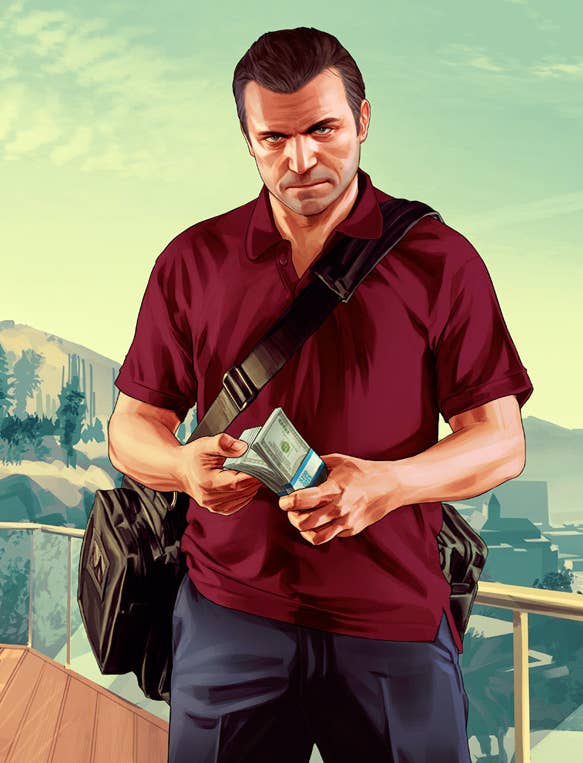
Sometimes it's best to just walk away.
I've negotiated deals with and on behalf of many different game publishers, big and small. I can't remember working with a publisher that refused to make any changes to their agreement based on the developer's feedback. There are always things that they won't budge on, but many more that are fluid and negotiable.
- Get someone to have your back
My final piece of advice is to have an attorney advocating for you from the beginning in these negotiations.
The attorney can review the agreement, spot issues like the ones I've pointed out here, and lend an air of legitimacy to you in the negotiation. If this is your first game, having professional representation can strengthen your bargaining position.
If you're dealing with video game-specific issues, it is usually best to have a video game lawyer working on your behalf. They have industry-specific experience and often have insight into the particulars of these video game contracts. Many will do free consultations with you and can work within your budget to find a fee structure that you can afford.
Ultimately, entering into a publishing deal is a bit like buying a used car -- a scary experience for the uninitiated. However, if you know what to look for and how to negotiate around these issues, the process can be quite rewarding and fruitful for your game studio.
If you are mindful of the above issues, you may be surprised with just how much you can get away with!
Zachary Strebeck is a California board game and video game lawyer, representing indies and established developers and publishers. He runs The Game Lawyer Blog and the Legal Moves podcast, both of which feature info and interviews about game dev business and legal issues.
